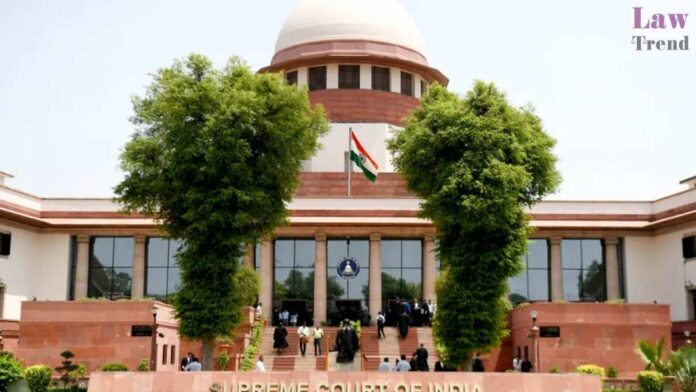The Supreme Court of India on Monday allowed an appeal filed by the legal heirs of a deceased Travelling Ticket Examiner (TTE), setting aside a Bombay High Court judgment that had upheld his dismissal from service over charges dating back to 1988. A bench comprising Justice Sanjay Karol and Justice Prashant Kumar Mishra restored the
To Read More Please Subscribe to VIP Membership for Unlimited Access to All the Articles, Download Available Copies of Judgments/Order, Acess to Central/State Bare Acts, Advertisement Free Content, Access to More than 4000 Legal Drafts( Readymade Editable Formats of Suits, Petitions, Writs, Legal Notices, Divorce Petitions, 138 Notices, Bail Applications etc.) in Hindi and English.




